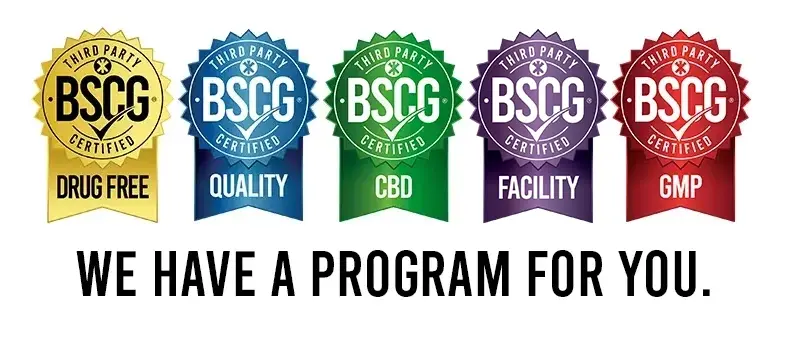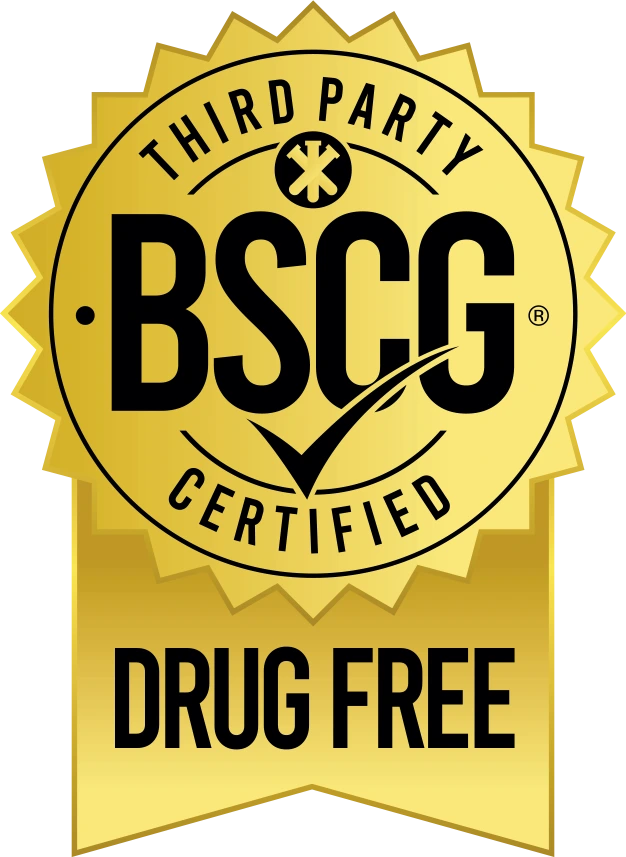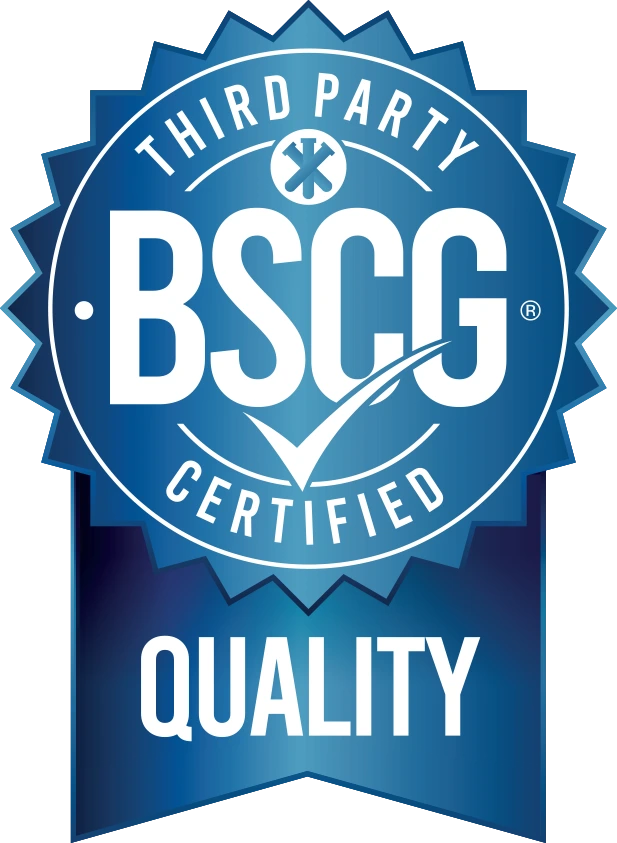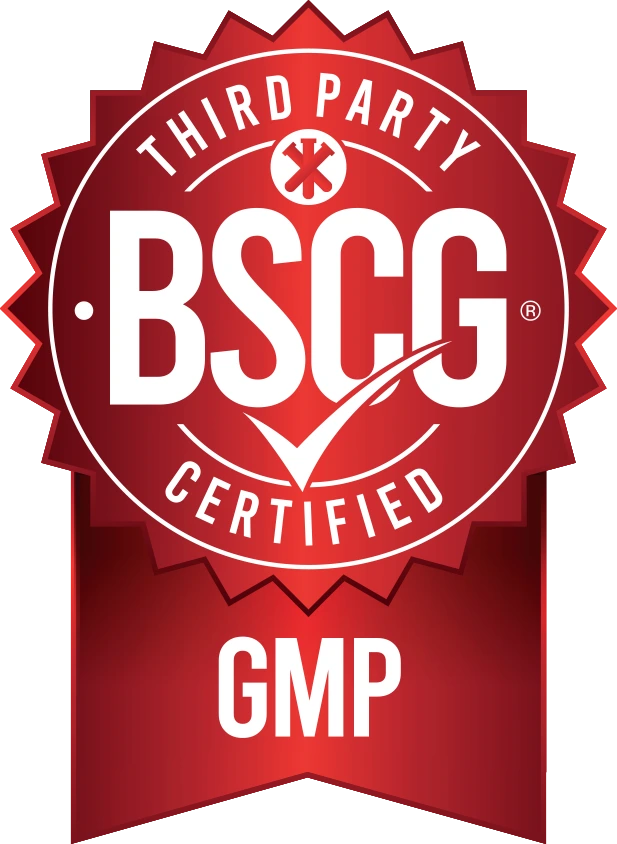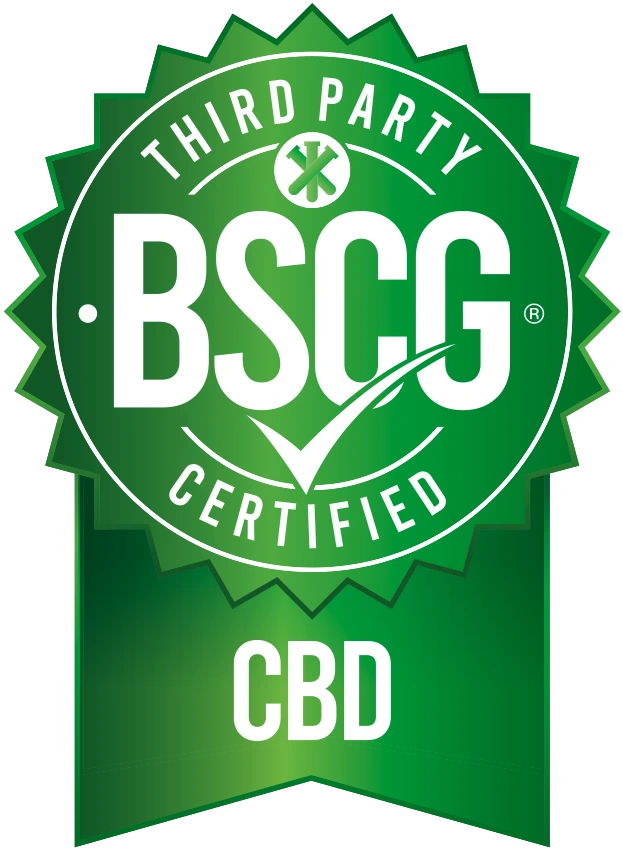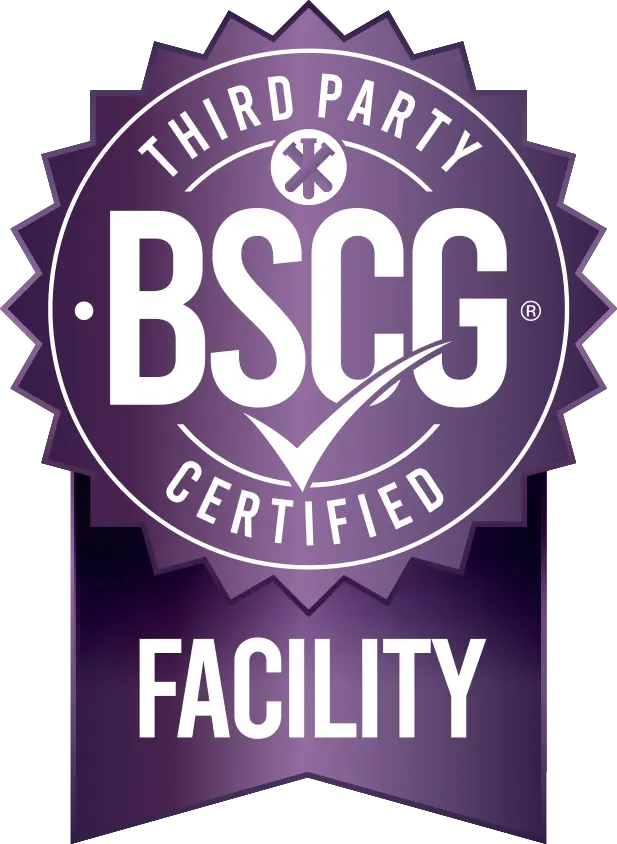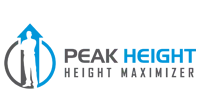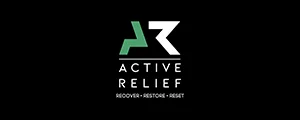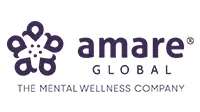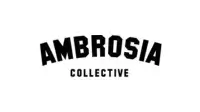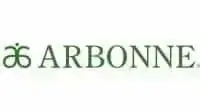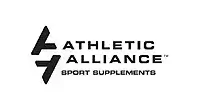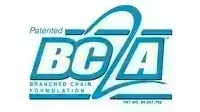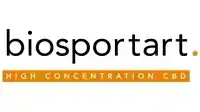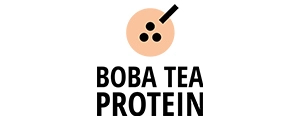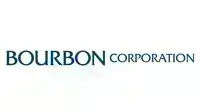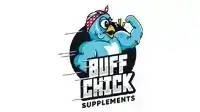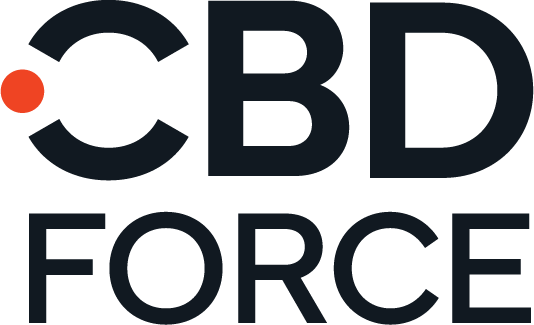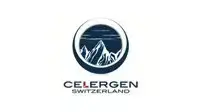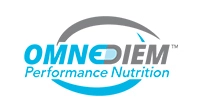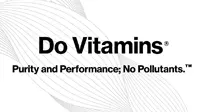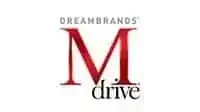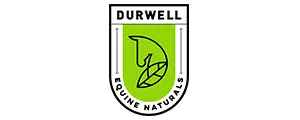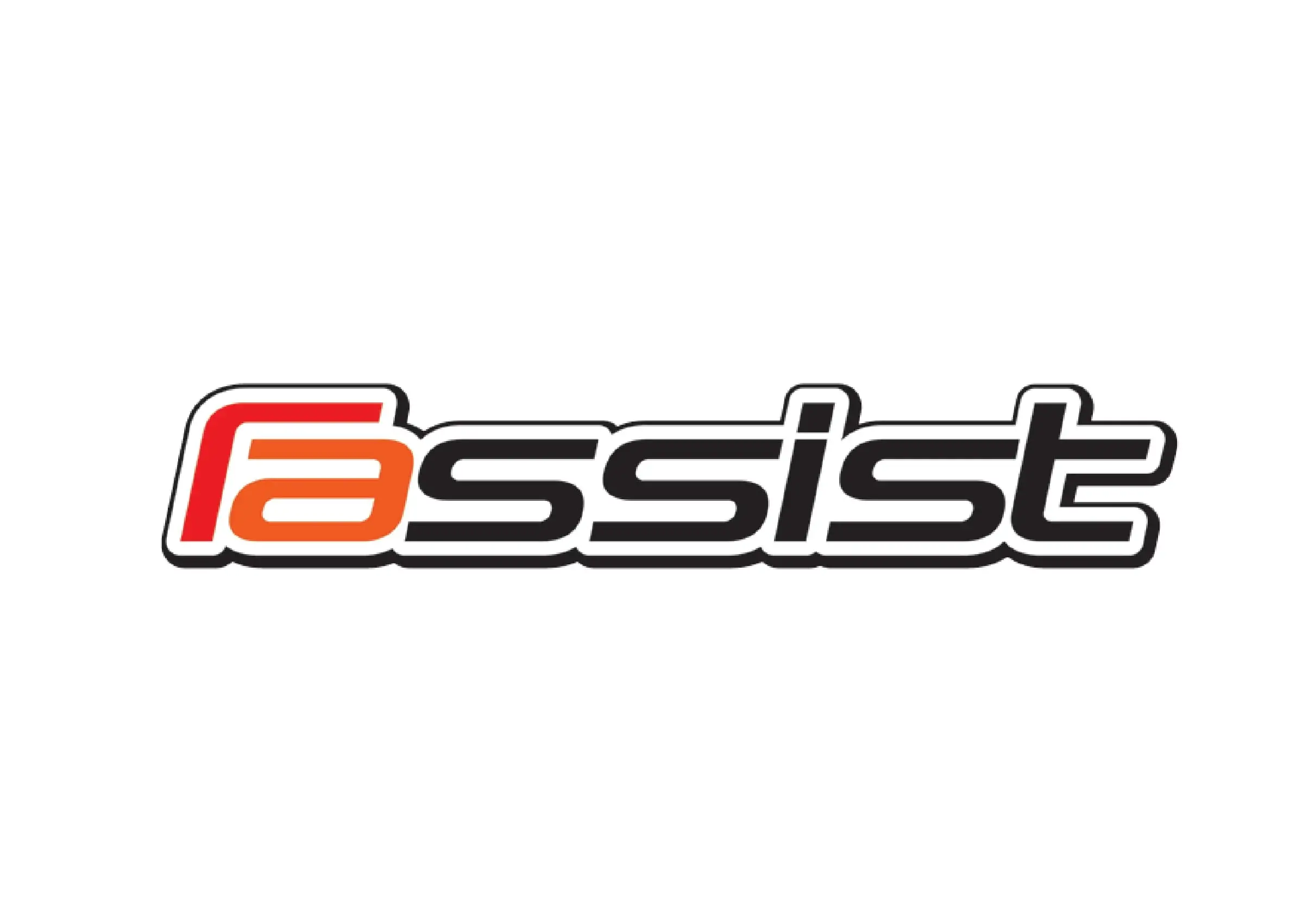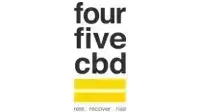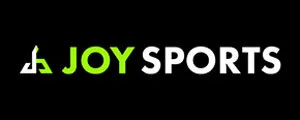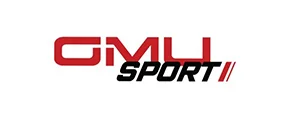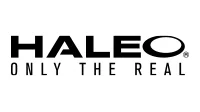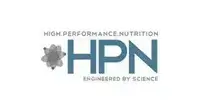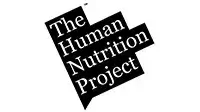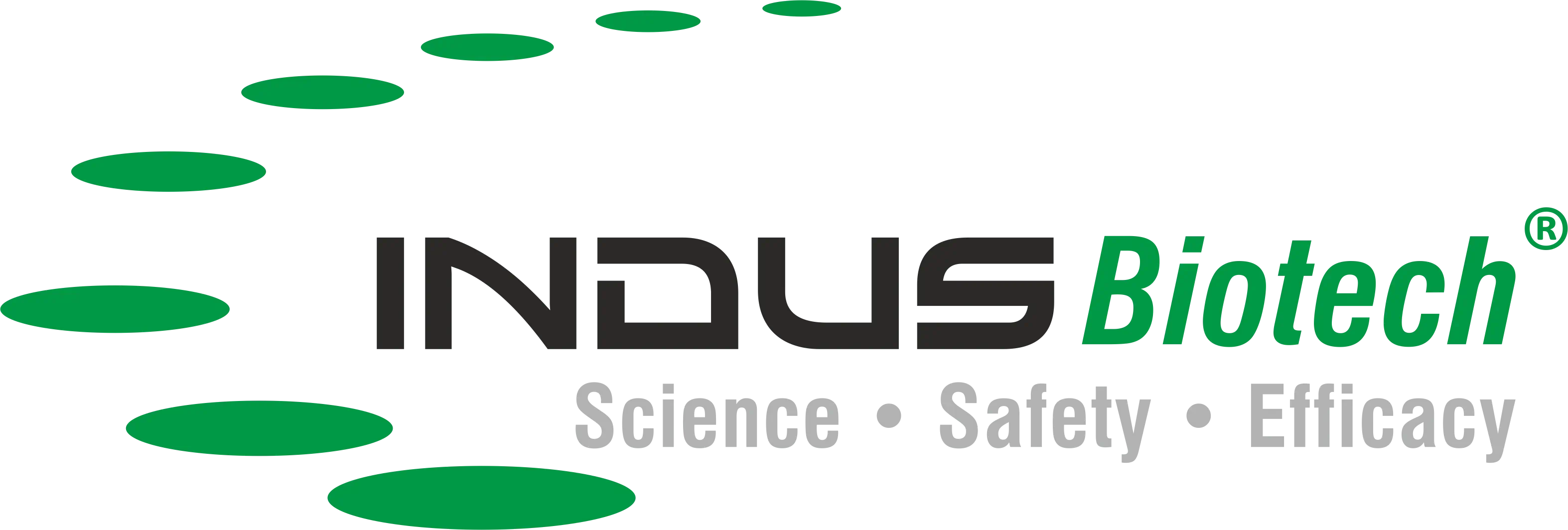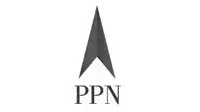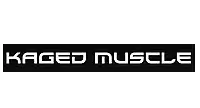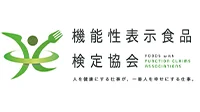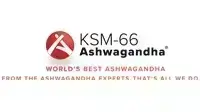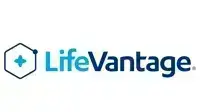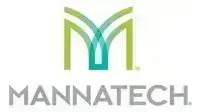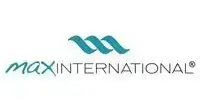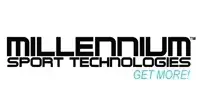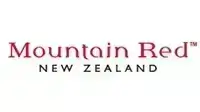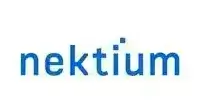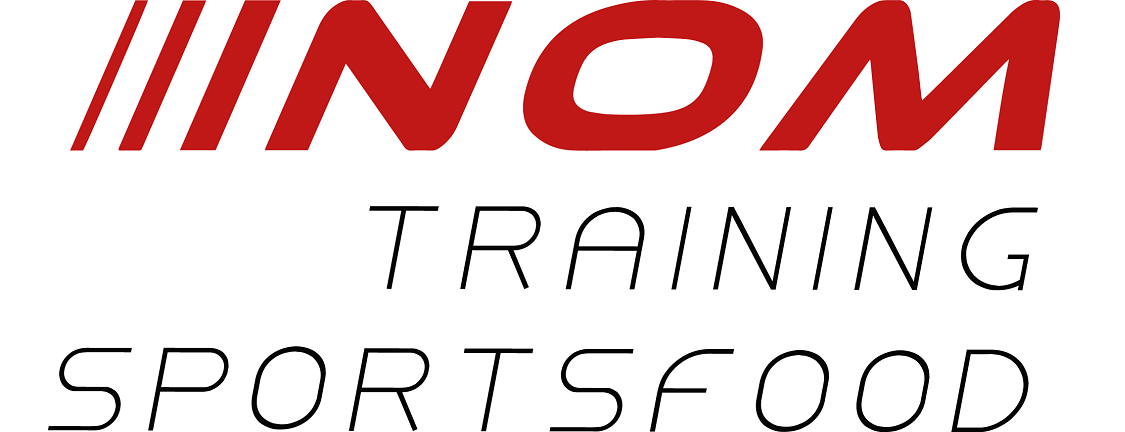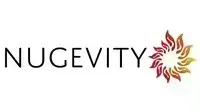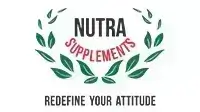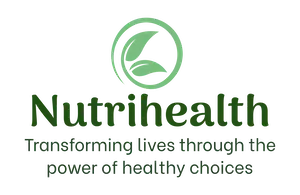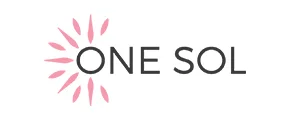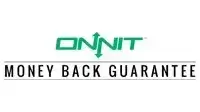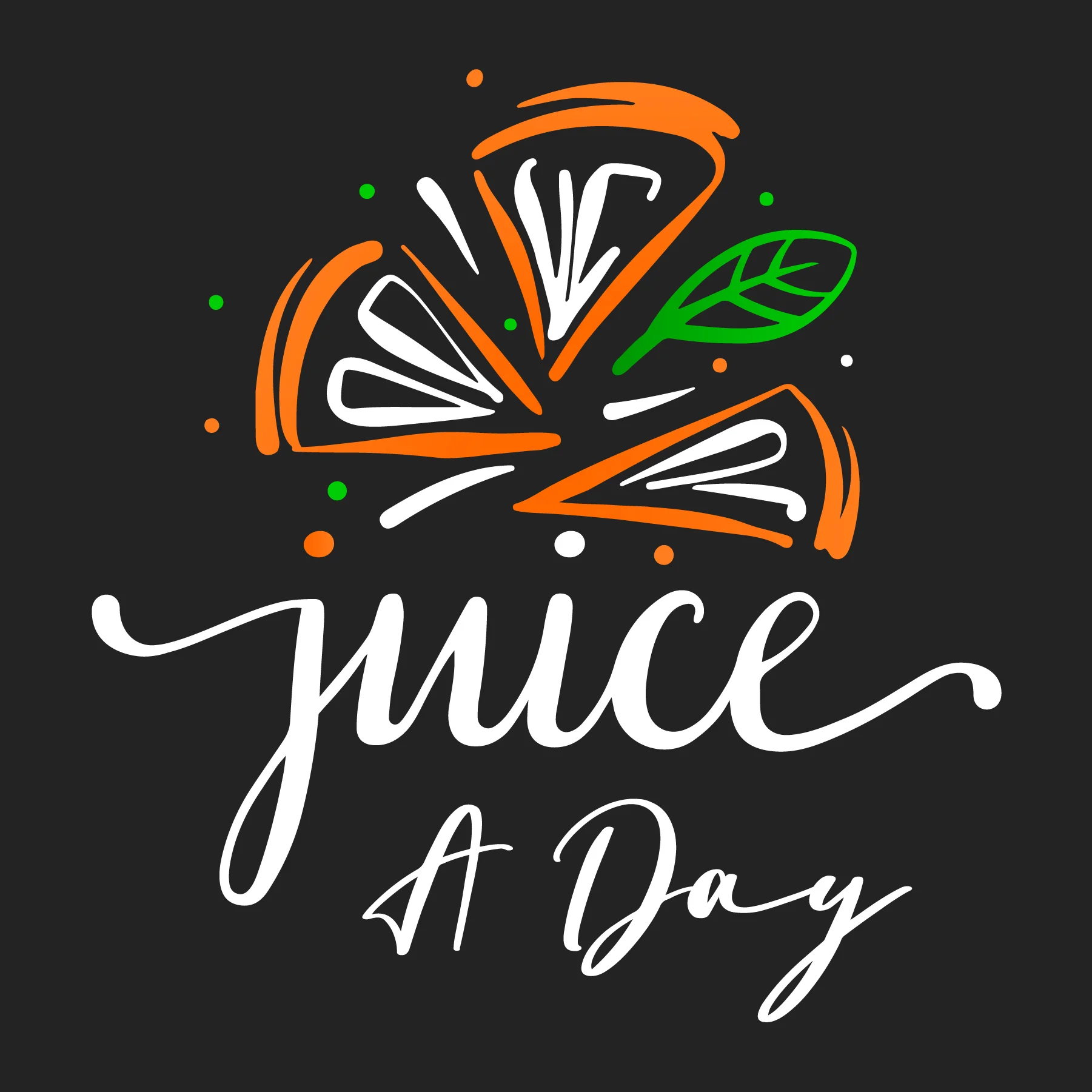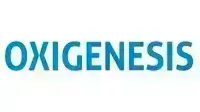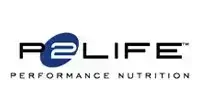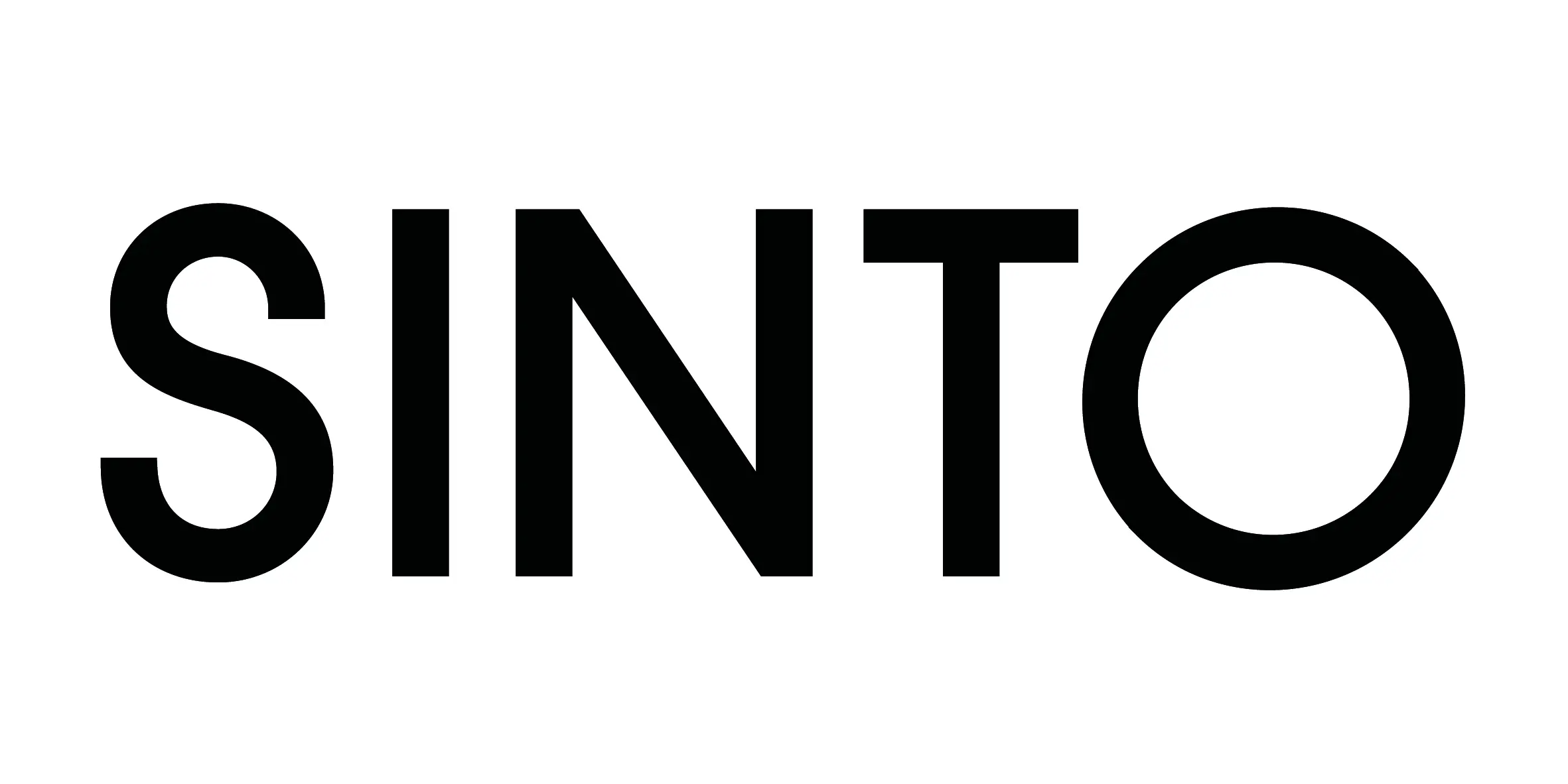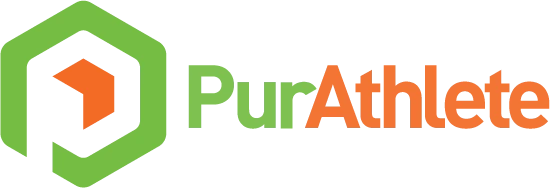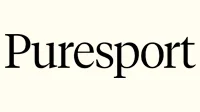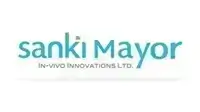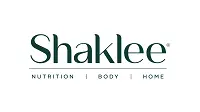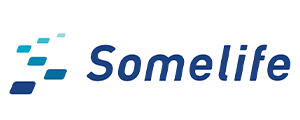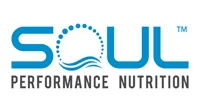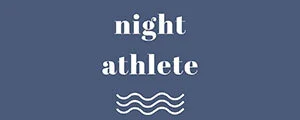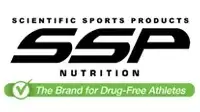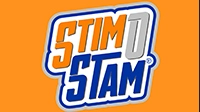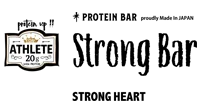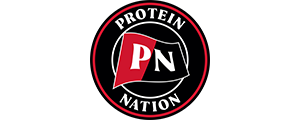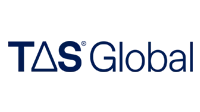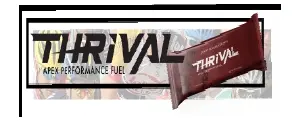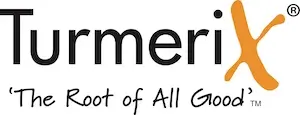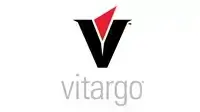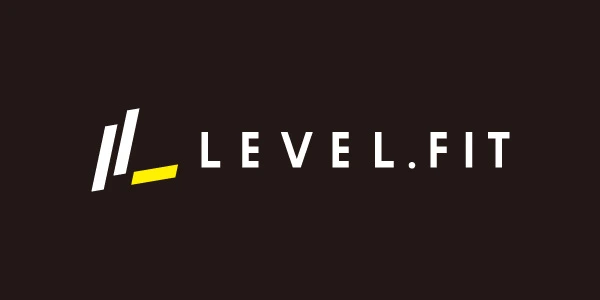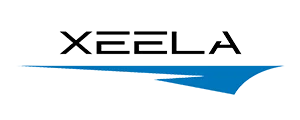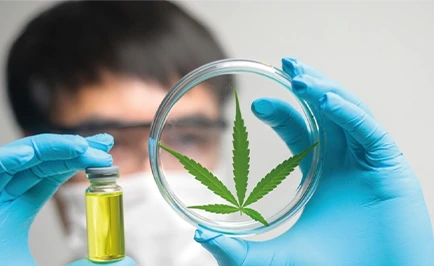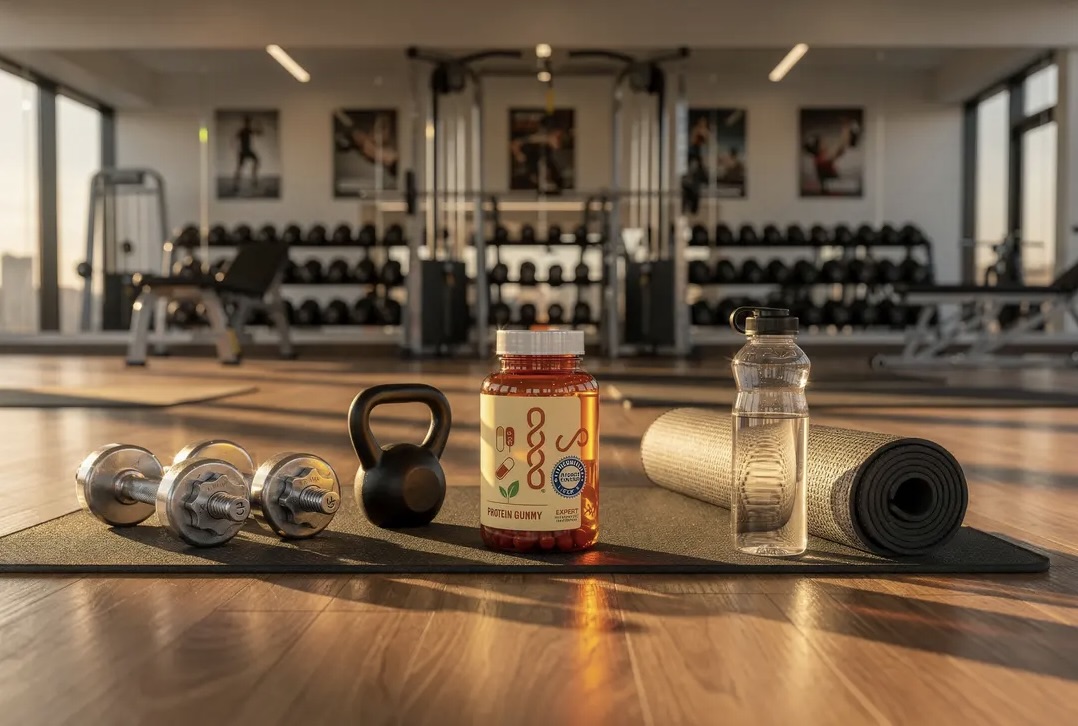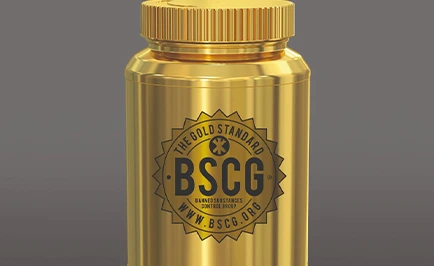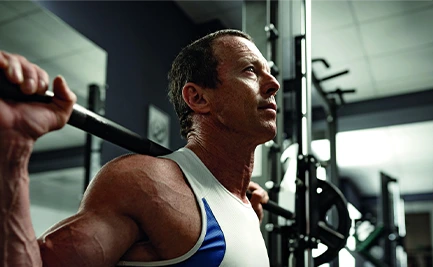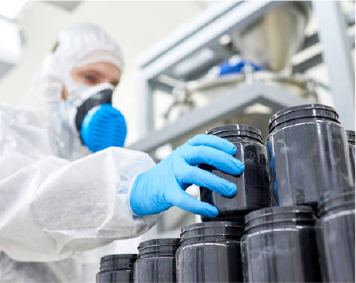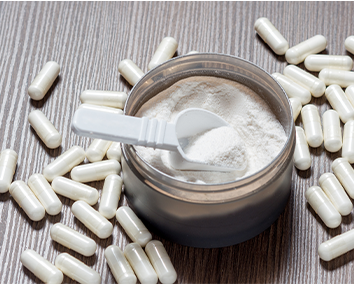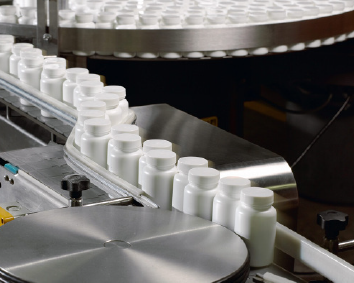A Second Strike in Anti-Doping
Jan 09, 2024

A Second Strike in Anti-Doping
Earlier this year, UFC fighter Ovince Saint Preux had a repeat offense for a banned substance violation, as reported by ESPN. Saint Preux tested positive for a metabolite of androstenedione and testosterone, marking his second infraction under UFC’s anti-doping policy. Unfortunately, he decided to use a supplement that was not third-party certified and tested for banned substances, leading to this avoidable mishap
The Contamination Conundrum
In both instances, Saint Preux's positive tests were linked to contaminated supplements that contained banned substances not listed on the product labels. During USADA’s investigation Saint Preux provided a container of the supplement he was using and a banned substance called 1-Androstenedione showed up in the tests. Because he was able to prove his positive test came from a contaminated supplement he received a reduced six-month suspension, but the additional damage to his career and reputation was significant. Many athletes have been the victim of contaminated supplements and if it is not proven they can face years of sanctions not just a few months. This situation highlights a glaring gap in supplement safety and the dire need for reliable testing and certification that offers proactive protection.
UFC and USADA
Just a few weeks after Saint Preux’s failed drug test, USADA announced that its partnership with the UFC was ending in 2023 after eight years. Some people believe this was all about issues related to Conor McGregor’s comeback, but that’s yet to be verified. Still, Joe Rogan's reaction to this split, as reported by MMA Knockout, emphasizes the burdens that the USADA program placed on fighters, including inconvenient testing times. The UFC will likely take its anti-doping program in-house. While this might be a topic of debate for some time, it will be a critical issue for fight promotion going forward. UFC’s anti-doping program will remain in good hands as Senior Vice President of Athlete Health and Performance Jeff Novitzky, an anti-doping stalwart, will continue to play a key role.
Protecting Athletes and Upholding Integrity
Saint Preux’s case is a stark reminder of the importance of choosing third-party certified supplements that have been tested for banned substances, especially for professional athletes and tactical professionals subjected to strict anti-doping rules. The BSCG Certified Drug Free program has been an international leader in banned substance certification for 20 years and is designed to safeguard athletes from the hidden dangers of supplement contamination from banned substances, helping them avoid inadvertent doping violations and ensuring they can compete with integrity. This incident calls for action from athletes, fitness enthusiasts, and supplement manufacturers alike. Make sure you look for supplements that carry a trusted third-party certification seal. Learn from Saint Preux’s experience and make sure you don’t make the same avoidable mistakes
